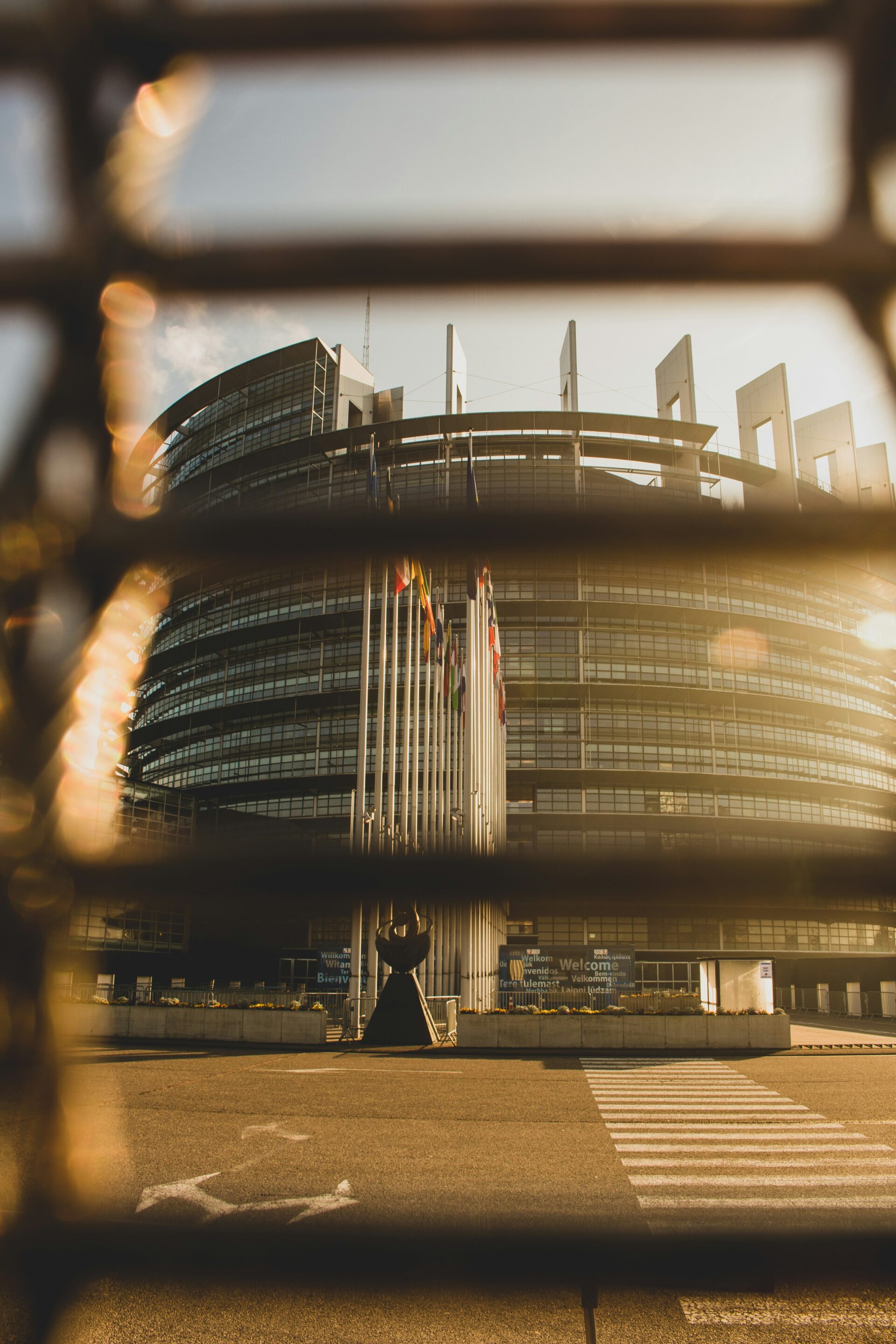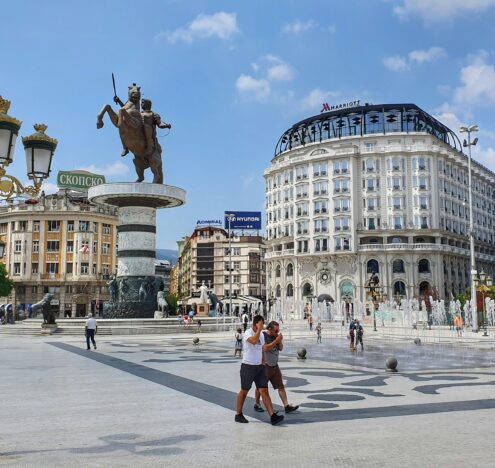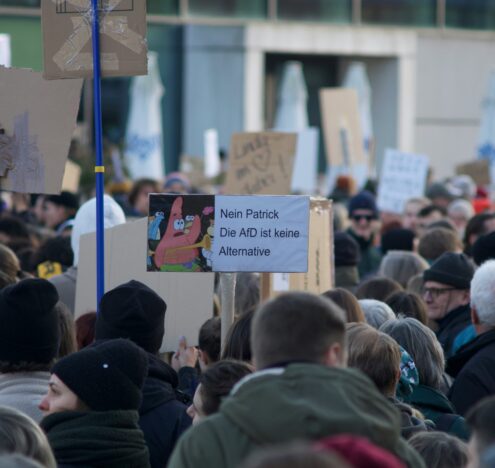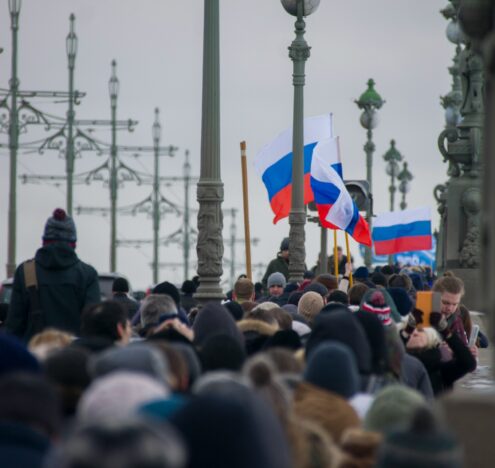In a new paper, Ermela Gianna looked at what she positions as a missed opportunity for the European Parliament. During the COVID-19 crisis, she writes, the EP “had an opportunity to shape Europe’s economic recovery and strengthen its institutional prerogatives through the establishment of the Recovery and Resilience Facility (RRF)” — but failed to assert itself as a budgetary authority, which Gianna deems a key element in democratic governance, during the RRF process.
Gianna thus sets out to explain “the EP’s failure to maximize its budgetary powers and argues that the urgency of the crisis and the strategic use of norm-based arguments inadvertently undermined its bargaining position” in the paper. Published in the Journal of European Public Policy, the paper is titled “Fight of flight? Explaining the role of the European Parliament in the establishment of the Recovery and Resilience Facility.” She based her research on documentary analysis and also on 14 semi-structured interviews with European Union stakeholders.
Gianna begins by explaining the historical empowerment of the EP, which she believes “can be attributed to a two-level game, as explained by two different accounts: institutional bargaining theory and normative institutionalist theory.” Gianna also notes that while member institutions can advocate for the EP, the EP is also the EU’s only directly elected institution, enabling it to use normative arguments to push for greater power.
Gianna then unpacks her methodology, which she describes as most closely resembling that of a case study. The formal documents she analyzed “included the Commission’s proposal for the RRF, the EP’s report, the Council’s mandate for negotiations, and the interinstitutional negotiation records outlining the positions of all three institutions during the RRF negotiations” as well as “the EP press releases and the plenary debates that focused specifically on the RRF. This approach allowed me to consider essential issues, potential concessions and gains that were identified in the preliminary stage.”
Gianna chalks this up in part to “impatience” on the part of the EP, but also to “rhetorical action and the EP’s entanglement in it,” as “the EP would be easily exposed for inconsistent behavior and shamed for opportunism.”
Between June 2021 and March 2022, she conducted 14 interviews spanning 30 minutes each. Each of the interviewees “represented diverse institutional affiliations,” among them the EP, the European Council, and the European Commission.
It was from this that Gianna was able to look at what the EP got and gave up in the RRF process, ultimately concluding that “while the institutional gains made by the EP in the context of the RRF may enhance transparency and communication they do not hold the same weight as the tangible influence that accompanies budgetary authority.” Gianna chalks this up in part to “impatience” on the part of the EP, but also to “rhetorical action and the EP’s entanglement in it,” as “the EP would be easily exposed for inconsistent behavior and shamed for opportunism.”
Gianna concludes by looking at the long-term relevance of the EP’s inability to push for greater institutional power — and how its future power may hinge on whether the EP is able to to use the soft accountability powers that it did achieve. “After all,” she writes, “the value of any power is only as good as its application.”





















